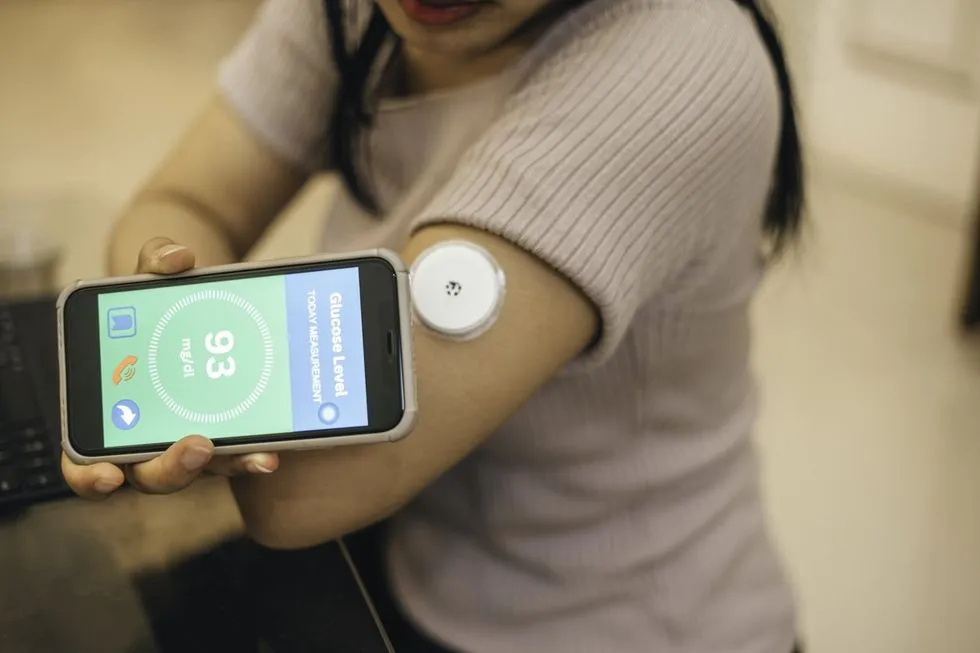Success Stories: How Keto has Transformed the Lives of Diabetics
Introduction
Diabetes is a chronic condition that affects millions of people worldwide. It is characterized by high blood sugar levels that result from the body’s inability to produce or effectively use insulin. Managing diabetes can be a daunting task, requiring constant monitoring of blood sugar levels, medication, and lifestyle changes. However, for many individuals, the ketogenic diet has proven to be a game-changer in the management of diabetes. In this article, we will explore the success stories of individuals who have used the keto diet to transform their lives and effectively manage their diabetes.
What is the ketogenic diet?
The ketogenic diet, commonly referred to as keto, is a high-fat, low-carbohydrate diet that has gained popularity in recent years for its numerous health benefits. The diet aims to put the body into a state of ketosis, where it burns fat for fuel instead of carbohydrates. By drastically reducing carbohydrate intake and increasing fat consumption, the body shifts from using glucose as its primary source of energy to using ketones, which are produced by the liver from fat.
The ketogenic diet typically consists of 70-80% fat, 5-10% carbohydrates, and 10-20% protein. This macronutrient ratio forces the body to rely on fat for fuel, leading to weight loss, improved insulin sensitivity, and better blood sugar control.
Success Stories: How Keto has Transformed the Lives of Diabetics
1. Sarah’s Story
Sarah was diagnosed with type 2 diabetes at the age of 45. Despite taking medication and following a traditional low-fat, high-carbohydrate diet, her blood sugar levels remained high, and she struggled to lose weight. After researching alternative treatments, Sarah decided to try the ketogenic diet. Within weeks of starting the diet, she noticed a significant improvement in her blood sugar levels and lost 20 pounds. With the support of her healthcare team, Sarah was able to reduce her medication and eventually go off it completely. Today, Sarah’s blood sugar levels are stable, and she no longer worries about the complications of diabetes.
2. John’s Story
John was diagnosed with type 1 diabetes at a young age. Despite diligently monitoring his blood sugar levels and following his healthcare provider’s recommendations, John struggled to maintain stable blood sugar levels. After years of frustration, John discovered the ketogenic diet and decided to give it a try. Within weeks, John noticed a dramatic improvement in his blood sugar levels and insulin sensitivity. He was able to reduce his insulin dosage and experienced fewer episodes of hypoglycemia. Today, John is thriving on the ketogenic diet, with stable blood sugar levels and improved energy levels.
3. Maria’s Story
Maria was diagnosed with gestational diabetes during her second pregnancy. Despite following a strict diet and monitoring her blood sugar levels, Maria’s condition worsened, and she was put on medication to control her blood sugar levels. Determined to find a solution, Maria turned to the ketogenic diet. Within weeks of starting the diet, Maria noticed a significant improvement in her blood sugar levels and was able to reduce her medication dosage. By the end of her pregnancy, Maria’s blood sugar levels were well within the normal range, and she gave birth to a healthy baby girl. Today, Maria continues to follow the ketogenic diet to manage her blood sugar levels and maintain her overall health.
Frequently Asked Questions (FAQs)
1. Is the ketogenic diet safe for individuals with diabetes?
The ketogenic diet has been shown to be safe and effective for individuals with diabetes, including type 1 and type 2 diabetes. However, it is essential to work closely with a healthcare provider or registered dietitian when starting the diet to ensure that it is tailored to individual needs and health goals.
2. Can the ketogenic diet reverse diabetes?
While the ketogenic diet has been shown to improve blood sugar control and insulin sensitivity in individuals with diabetes, it is not a cure for the condition. However, many individuals have been able to reduce or eliminate their need for medication by following a ketogenic diet and making other lifestyle changes.
3. How can I get started on the ketogenic diet?
If you are interested in trying the ketogenic diet to manage your diabetes, it is essential to consult with a healthcare provider or registered dietitian before making any changes to your diet. They can help you create a personalized meal plan that meets your nutritional needs and health goals.
4. What are some tips for success on the ketogenic diet?
– Focus on whole, nutrient-dense foods such as meat, fish, eggs, nuts, seeds, and low-carbohydrate vegetables.
– Monitor your blood sugar levels regularly to track how the diet is affecting your body.
– Stay hydrated and consume plenty of water throughout the day.
– Be patient and give your body time to adjust to the diet, as it may take a few weeks to see significant changes in blood sugar levels.
Conclusion
The ketogenic diet has transformed the lives of many individuals with diabetes, providing them with a safe and effective way to manage their condition and improve their overall health. By following a high-fat, low-carbohydrate diet, individuals with diabetes can experience better blood sugar control, weight loss, and increased energy levels. If you have diabetes and are struggling to manage your condition, consider giving the ketogenic diet a try with the guidance of a healthcare provider or registered dietitian. With dedication and commitment, you too can experience the life-changing benefits of the ketogenic diet.


